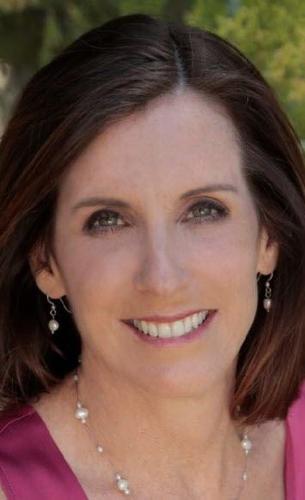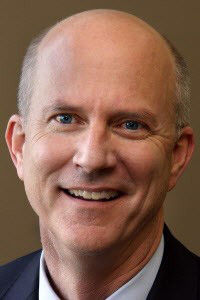When it comes to helping those in need, even small acts can make a big difference. That’s true whether you donate to organizations that provide meals for the hungry or if you’re the Congress of the United States.
Take, for example, legislation recently passed by the House of Representatives that may not have made headlines across the country, but would be a win for local small business owners and help families in need in our community.
Sleeping Frog Farms is a small, locally owned farm east of Tucson that grows and sells produce to customers throughout Southern Arizona. Its owners, Clay Smith and CJ Marks, also donate a portion of what they grow to the Community Food Bank of Southern Arizona, supporting many needy families served by the Food Bank.
Sleeping Frog Farms and many businesses like it support the Food Bank because they believe in giving back to the community and helping those less fortunate. Since 2005, Congress has encouraged this type of giving through a tax deduction for charitable food donations.
The deduction is a simple, common-sense way we can help struggling families in Southern Arizona, but, of course, Congress often has a way of making even simple things complicated.
Since 2005, the tax deduction that encourages charitable giving expires regularly, making its renewal uncertain and often subject to 11th-hour legislation. For business owners like Clay and CJ, who do their planning years in advance to keep their business running, this kind of uncertainty weighs heavily on their decision-making and can be the difference when determining how much one can grow or donate.
In Southern Arizona, which has been hit especially hard by the economic slump of the past five years, we cannot afford to miss opportunities that would help our community.
Currently, 30 percent of children in Southern Arizona are food insecure, meaning they don’t have reliable access to sufficient, safe, nourishing food to meet their daily needs for health and well-being and to avoid hunger. While the Community Food Bank provides nearly 66,000 meals worth of food daily to people in need across Southern Arizona, it’s estimated that an additional 33,000 additional meals worth of food are still needed to close the hunger gap here.
To make matters worse, food donations to the Community Food Bank have decreased by 7 percent over the past six months. That’s the equivalent of 1 million fewer pounds of food the Community Food Bank has had to give out to needy families, and the uncertainty surrounding the charitable food tax deduction is a factor in this decline.
To eliminate this uncertainty, the House of Representatives recently passed with strong bipartisan support the Fighting Hunger Incentive Act to make permanent the tax deduction for charitable food donations. The act would greatly increase the ability of small and mid-size businesses such as farmers, restaurants and food manufacturers to donate food to those in need.
The legislation also has an environmental impact. Each year, the Community Food Bank keeps some 30 million pounds of food from being wasted in local landfills. The Fighting Hunger Incentive Act would help businesses donate food, instead of letting it go to waste.
While this legislation, which awaits action in the Senate, won’t end hunger on its own, it will have a big impact on organizations like the Community Food Bank and could be the difference between a family going hungry or not.
We must continue to take steps to grow our economy and help those struggling in our community, but we should also do the simple things we can do now to make a difference, such as making permanent a provision to encourage food donations to hungry families.







